How AI is Changing Digital Marketing Trends?
Artificial Intelligence (AI) is transforming the digital marketing landscape by providing tools and insights that enhance efficiency, personalization, and informed decision-making. By leveraging AI, marketers can better understand consumer behavior, create more tailored content, and optimize campaigns in real-time. This comprehensive exploration delves into the multifaceted ways AI is transforming digital marketing, providing detailed insights into its applications and benefits.
1. Deepening Customer Insights Through AI
Understanding customer behavior is pivotal for effective marketing. AI algorithms excel at processing vast datasets to uncover patterns and trends that might elude human analysis. By examining purchase histories, browsing behaviors, and social media interactions, AI enables marketers to gain a granular understanding of customer preferences and motivations.

For example, AI can segment customers based on their purchasing habits, allowing marketers to tailor campaigns to specific groups. This segmentation leads to more relevant messaging and higher engagement rates. Moreover, AI's predictive analytics can forecast future behaviors, enabling proactive adjustments to strategy.
2. Personalizing User Experiences at Scale
In today's market, consumers expect personalized interactions. AI enables the delivery of customized content by analyzing individual user data and predicting preferences. This capability allows businesses to provide recommendations and experiences that resonate with each user.
For instance, streaming services like Netflix use AI to analyze viewing habits and suggest content tailored to individual tastes. Similarly, e-commerce platforms employ AI to recommend products based on a user's browsing and purchase history, enhancing the shopping experience and increasing conversion rates.
3. Enhancing Content Creation and Optimization
Content remains a cornerstone of digital marketing, and AI is revolutionizing how it is created and refined. Natural Language Processing (NLP) enables AI to generate human-like text, assisting in drafting emails, social media posts, and even blog articles.
Tools like Grammarly utilize AI to improve grammar, tone, and clarity, ensuring content is polished and professional. Additionally, AI can analyze SEO trends to optimize content for search engines, increasing visibility and reach.
4. Streamlining Marketing Automation
Automation is a significant benefit of AI in marketing. By automating repetitive tasks, marketers can focus on strategic initiatives. AI-powered tools can manage email campaigns, schedule social media posts, and handle customer inquiries through chatbots.
For example, AI-driven chatbots provide instant responses to customer queries, improving engagement and satisfaction. These chatbots can handle multiple interactions simultaneously, ensuring customers receive timely assistance.
5. Leveraging Predictive Analytics for Strategic Decisions
AI's predictive analytics capabilities allow marketers to anticipate trends and consumer responses. By analyzing historical data, AI can forecast future outcomes, enabling businesses to make informed decisions.
For instance, AI can predict which products are likely to be in demand during a particular season, allowing companies to manage inventory effectively. This foresight helps in planning marketing campaigns that align with consumer interests, thereby enhancing effectiveness.
6. Optimizing Advertising Campaigns
AI is transforming digital advertising by enabling more precise targeting and optimization. Machine learning algorithms analyze user data to determine the most effective times and platforms to display ads, ensuring they reach the intended audience.
For example, programmatic advertising platforms use AI to automate the buying of ads, targeting specific audiences and optimizing for performance in real-time. This approach increases efficiency and maximizes return on investment.
7. Improving Grammar and Content Quality
Maintaining high-quality content is essential for brand reputation. AI tools assist in enhancing grammar, style, and coherence, ensuring that all published material meets a professional standard.
Tools like Grammarly use AI to detect grammatical errors, suggest stylistic improvements, and ensure consistency across content. This assistance is invaluable for maintaining a polished brand voice.
8. Assisting in Research and Idea Generation
AI aids marketers in conducting research by analyzing vast amounts of information quickly. It can identify trending topics, consumer sentiments, and competitive insights, providing a solid foundation for content creation and strategy development.
For instance, AI-powered tools can analyze social media conversations to gauge public opinion about a brand or product, offering insights that inform marketing strategies.
9. Enhancing Customer Engagement Through AI-Powered Tools
AI-powered tools like chatbots and virtual assistants have become integral in enhancing customer engagement. These tools provide instant responses to customer inquiries, guide users through purchasing processes, and offer personalized recommendations, thereby improving the overall customer experience.
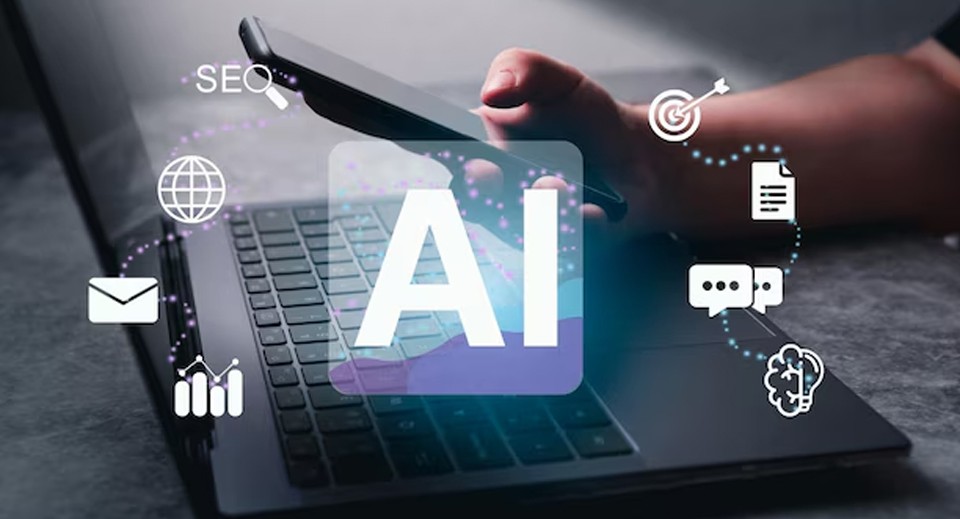
For example, AI-driven chatbots can handle a wide range of customer service tasks, from answering frequently asked questions to assisting with product selection, ensuring customers receive timely and accurate assistance.
10. Facilitating Efficient Collaboration Among Marketing Teams
AI tools are not only transforming customer interactions but also enhancing internal marketing processes. Platforms like Smartsheet leverage AI to streamline project management, enabling efficient collaboration among marketing teams. These tools assist in task management, scheduling, and workflow automation, ensuring that marketing campaigns are executed seamlessly.
For instance, Smartsheet's AI capabilities help marketing teams coordinate complex, multi-channel campaigns by centralizing project information, automating reminders, and providing robust reporting and analytics to measure campaign effectiveness.
11. Addressing Ethical Considerations in AI-Driven Marketing
As AI becomes more integrated into digital marketing, it is crucial to address ethical considerations. Marketers must ensure that AI applications respect user privacy, avoid biases, and maintain transparency. Implementing ethical AI practices builds consumer trust and promotes responsible use of technology.
For example, when using AI for personalized marketing, it is essential to handle customer data responsibly, ensuring compliance with data protection regulations and maintaining transparency about data usage.
12. Overcoming Challenges in AI Implementation
While AI offers numerous benefits, its implementation in digital marketing comes with challenges. Many businesses struggle with data

integration, ethical considerations, and cost barriers when adopting AI-driven strategies.
Some of the common hurdles include:
Data Privacy & Security: AI systems rely heavily on user data to function effectively. However, with rising concerns about data privacy (such as GDPR and CCPA regulations), businesses must be cautious about how they collect, store, and use personal information. A lack of transparency in AI decision-making can lead to consumer distrust.
Implementation Costs : AI-powered tools can be expensive, making them difficult to integrate for small businesses with limited budgets.
Bias in AI Algorithms : AI models learn from historical data, which can sometimes include biases. If left unchecked, AI can reinforce existing stereotypes in marketing campaigns, leading to ethical concerns.
Training & Skill Gaps : Marketers need to learn how to use AI effectively, as it requires knowledge of data analysis, machine learning models, and automation workflows.
How to Overcome These Challenges:
- Invest in AI training for teams : Learning AI-powered marketing tools can maximize their effectiveness.
- Ensure compliance with data regulations : Businesses should be transparent about how they use AI and consumer data.
- Start small and scale : Instead of overhauling marketing strategies overnight, brands can gradually integrate AI tools like chatbots, automated email marketing, and AI-driven content suggestions.
13. AI in SEO: How It’s Changing Search Engine Strategies
AI is playing a major role in search engine optimization (SEO), reshaping how websites rank on Google. Google’s AI-powered algorithms like RankBrain and BERT analyze user intent, improving the quality of search results.
How AI Impacts SEO:
Voice Search Optimization : With AI-driven voice assistants like Siri, Google Assistant, and Alexa, more users are searching via voice. Marketers must optimize for conversational queries and long-tail keywords.
AI-Powered Content Optimization : AI tools like SurferSEO and Clearscope help marketers identify relevant keywords, topic clusters, and user intent to improve search rankings.
Automated Rank Tracking & SERP Analysis : AI tracks real-time ranking changes, competitor insights, and keyword performance, making SEO strategies more data-driven.
Pro Tip:
To stay ahead in AI-powered SEO, focus on user intent, natural language processing (NLP)-friendly content, and mobile optimization for AI-driven search ranking improvements.
14. AI in Email Marketing: Smarter & More Effective Campaigns
Email marketing has evolved beyond generic newsletters. With AI, brands can:
- Personalize subject lines & content dynamically based on user preferences.
- Send emails at the optimal time to increase open rates.
- Use predictive analytics to refine email targeting.
For example, AI-driven tools like Mailchimp and HubSpot analyze subscriber behavior, determining the best time to send emails for maximum engagement.
Did You Know? AI can even auto-generate email content based on past campaign performance, saving marketing teams hours of manual work while improving conversions.
15. AI-Generated Content: The Future of Blogging & Social Media
AI isn’t just assisting in digital marketing, it’s creating content too! Tools like OpenAI’s GPT models, Jasper AI, and Copy.ai generate:
Blog Posts : AI helps structure articles, suggest headings, and improve readability.
Social Media Posts : AI recommends captions, hashtags, and content ideas based on trending topics.
Ad Copy: AI optimizes digital ad content for better performance.
The Future of AI Content Creation:
While AI can generate content efficiently, human creativity remains irreplaceable. The best strategy is AI-assisted content creation combined with human expertise for authentic storytelling.
16. AI in Paid Advertising: Smarter, Data-Driven Ads
Paid advertising has transformed with AI, allowing marketers to:
✔ Run programmatic ads that optimize in real-time for better ROI.
✔ Analyze consumer behavior to adjust ad targeting dynamically.
✔ Automate budget allocation to maximize results across channels.
For example, Google Ads Smart Bidding uses AI to adjust bids automatically based on user likelihood to convert. Facebook’s AI also optimizes audience targeting, ensuring ads reach high-intent users.
The Result?
AI-powered ads are more cost-effective, reduce manual guesswork, and increase conversions.
17. The Rise of AI-Powered Chatbots & Virtual Assistants
Gone are the days of waiting for customer support emails—AI-powered chatbots provide instant responses to customer inquiries.

AI Chatbots Help Brands:
- Offer 24/7 customer support without human agents.
- Improve lead generation by engaging visitors.
- Guide users to make purchases or find relevant information.
Example:
Companies like Sephora and H&M use AI chatbots to recommend products based on user preferences, increasing sales through personalized interactions.
18. AI & The Future of Digital Marketing: What’s Next?
AI is rapidly evolving, and its impact on digital marketing will only grow. Here are the emerging AI trends shaping the future:
- Hyper-Personalization – AI will make marketing even more personal, analyzing emotions and micro-moments to predict user intent.
- AI-Powered Video Marketing – AI-generated videos, deepfake marketing, and AI-enhanced video editing will revolutionize content marketing.
- AI & Augmented Reality (AR) – Brands will blend AI with AR experiences for immersive product interactions (e.g., virtual try-ons).
- Neural Networks & Advanced Machine Learning – AI will refine predictive analytics, improving marketing automation and customer segmentation.
Conclusion: AI is the Future of Digital Marketing
Artificial Intelligence is not replacing marketers—it’s empowering them to work smarter, faster, and more effectively. From data-driven insights to personalized customer experiences, AI is redefining how brands connect with audiences.
Marketers who embrace AI will have a competitive advantage in targeting, personalization, automation, and strategy execution.
The key takeaway? AI is here to enhance human creativity, not replace it. The smartest marketers will leverage AI tools while adding their unique expertise to stay ahead in the evolving digital landscape.

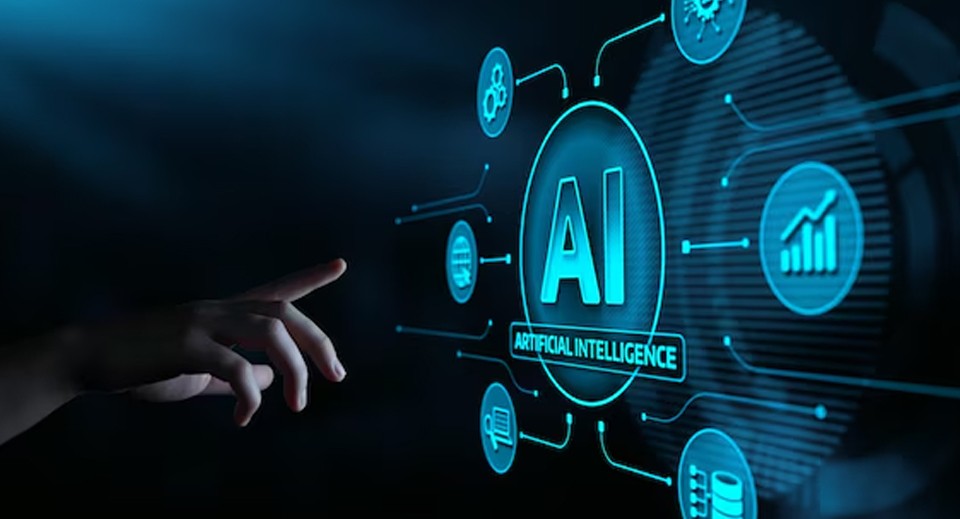

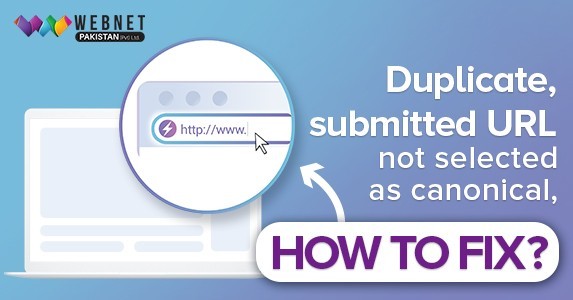
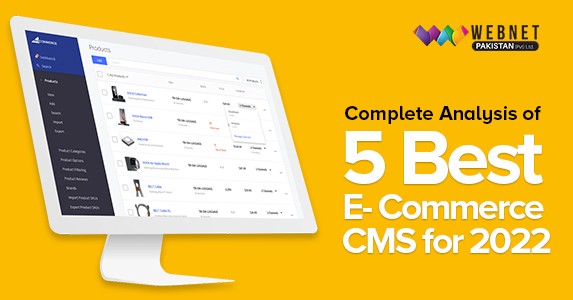

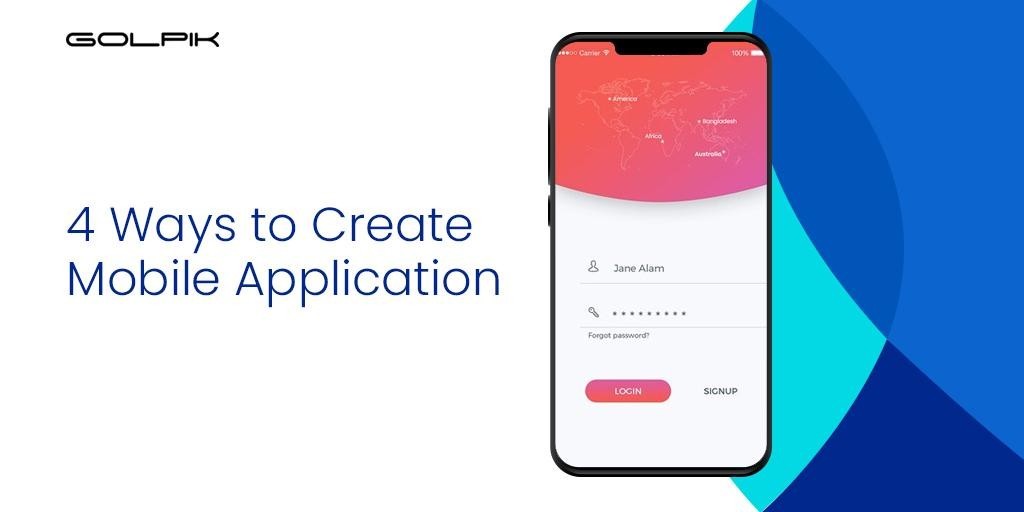
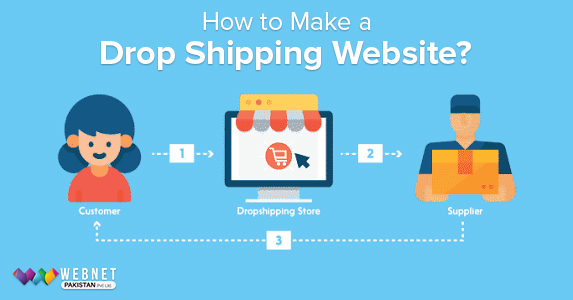
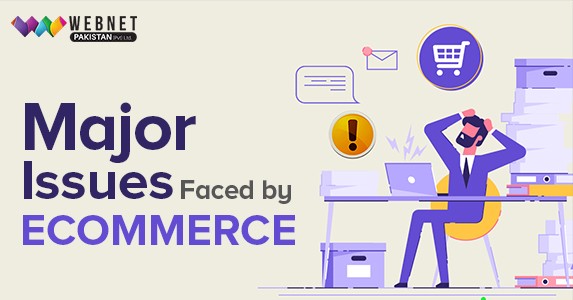
0 comment